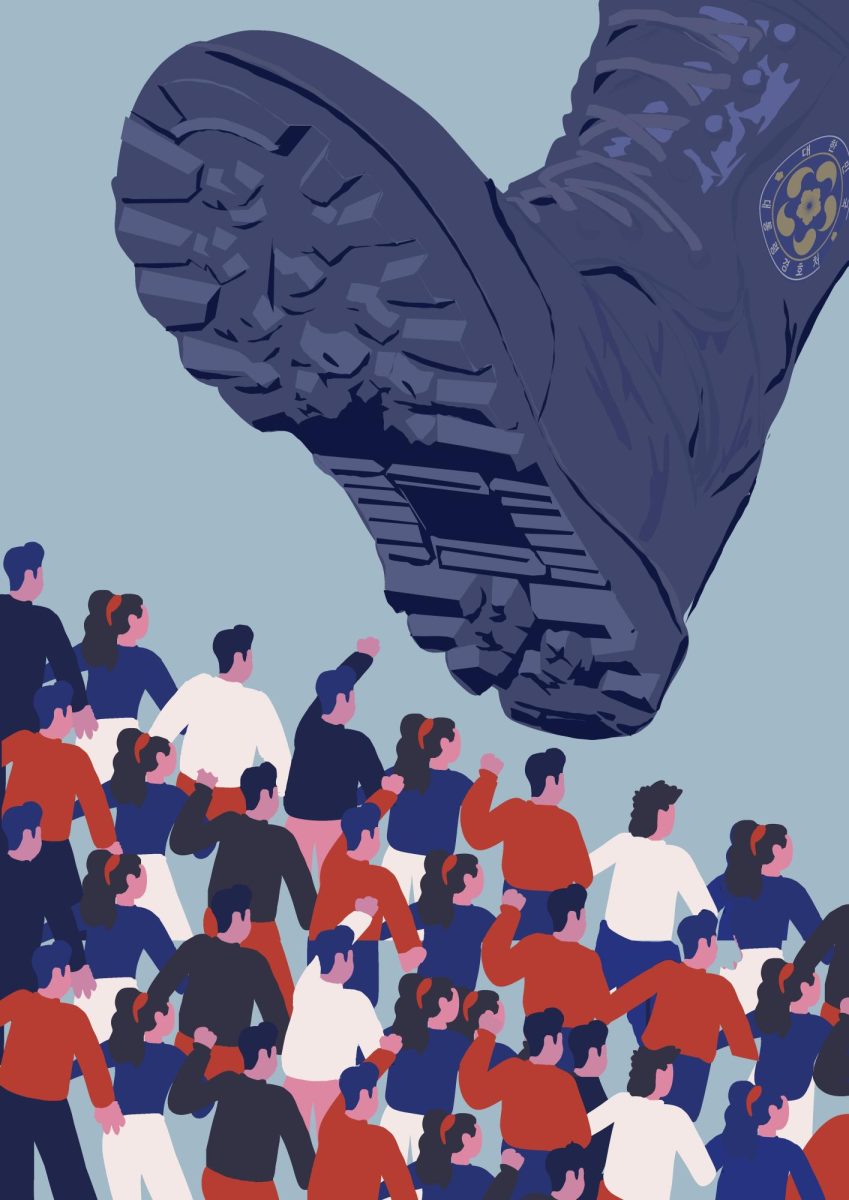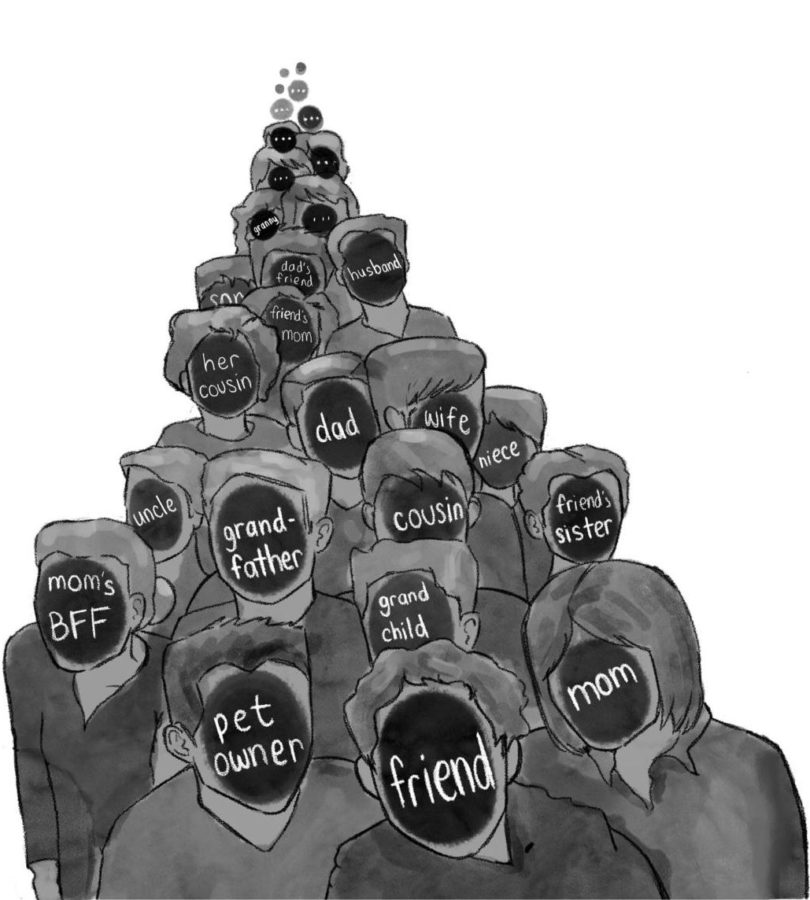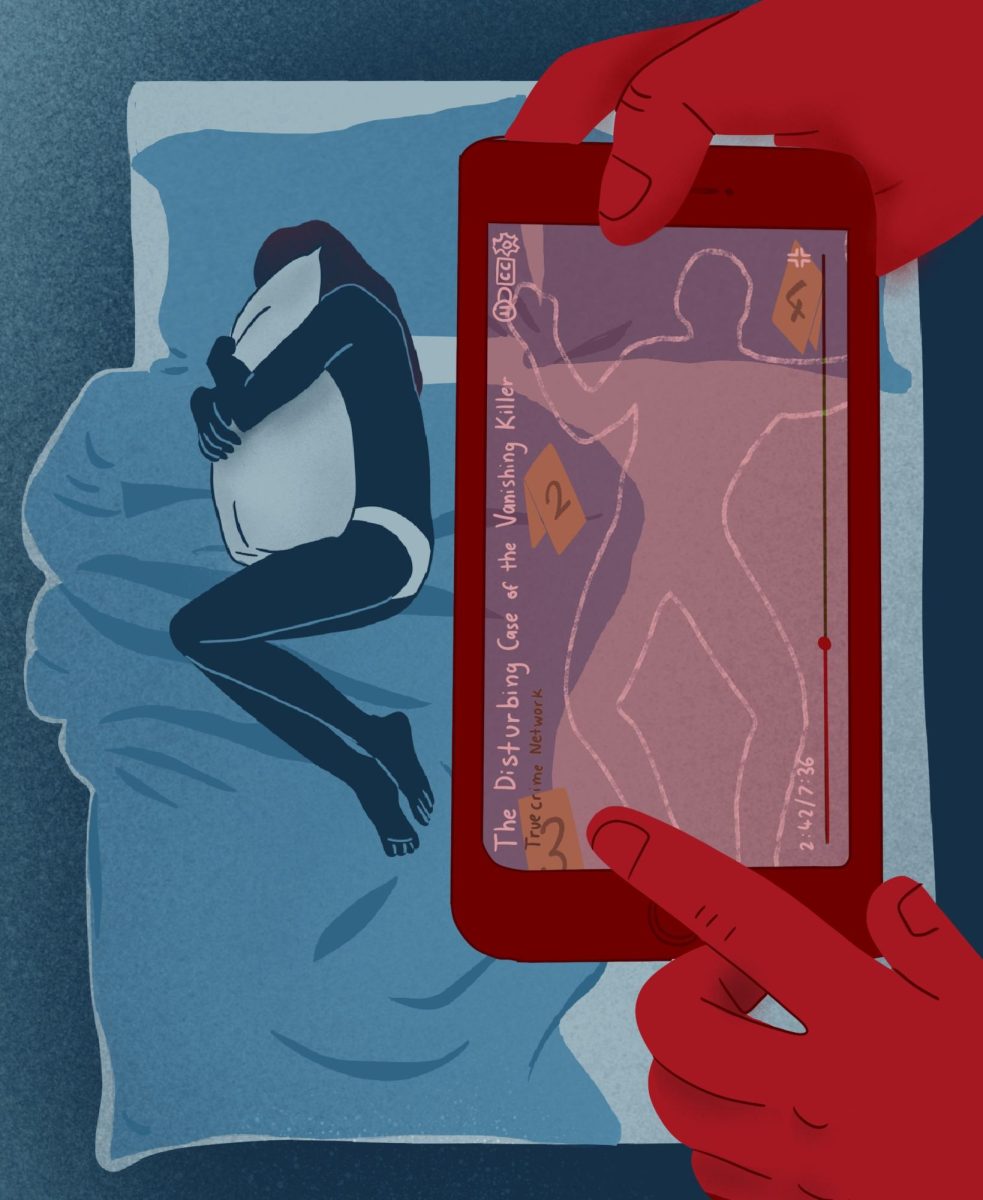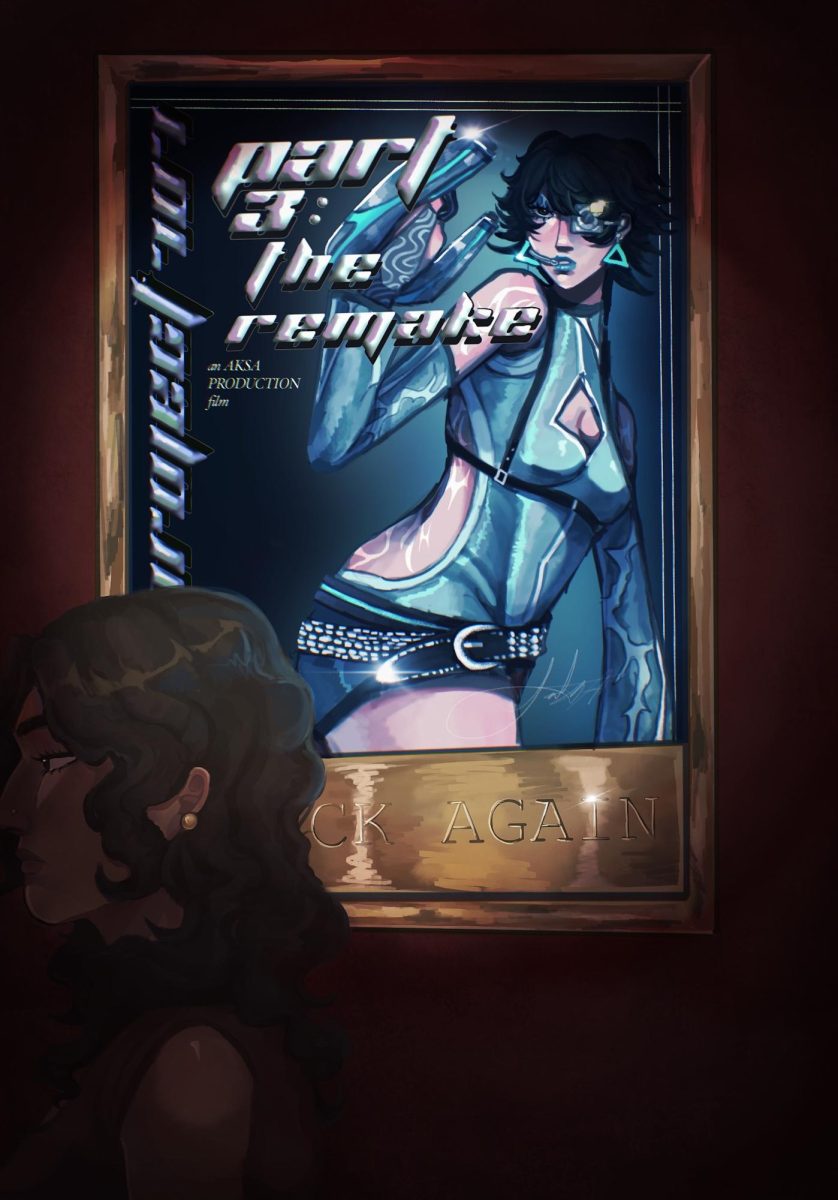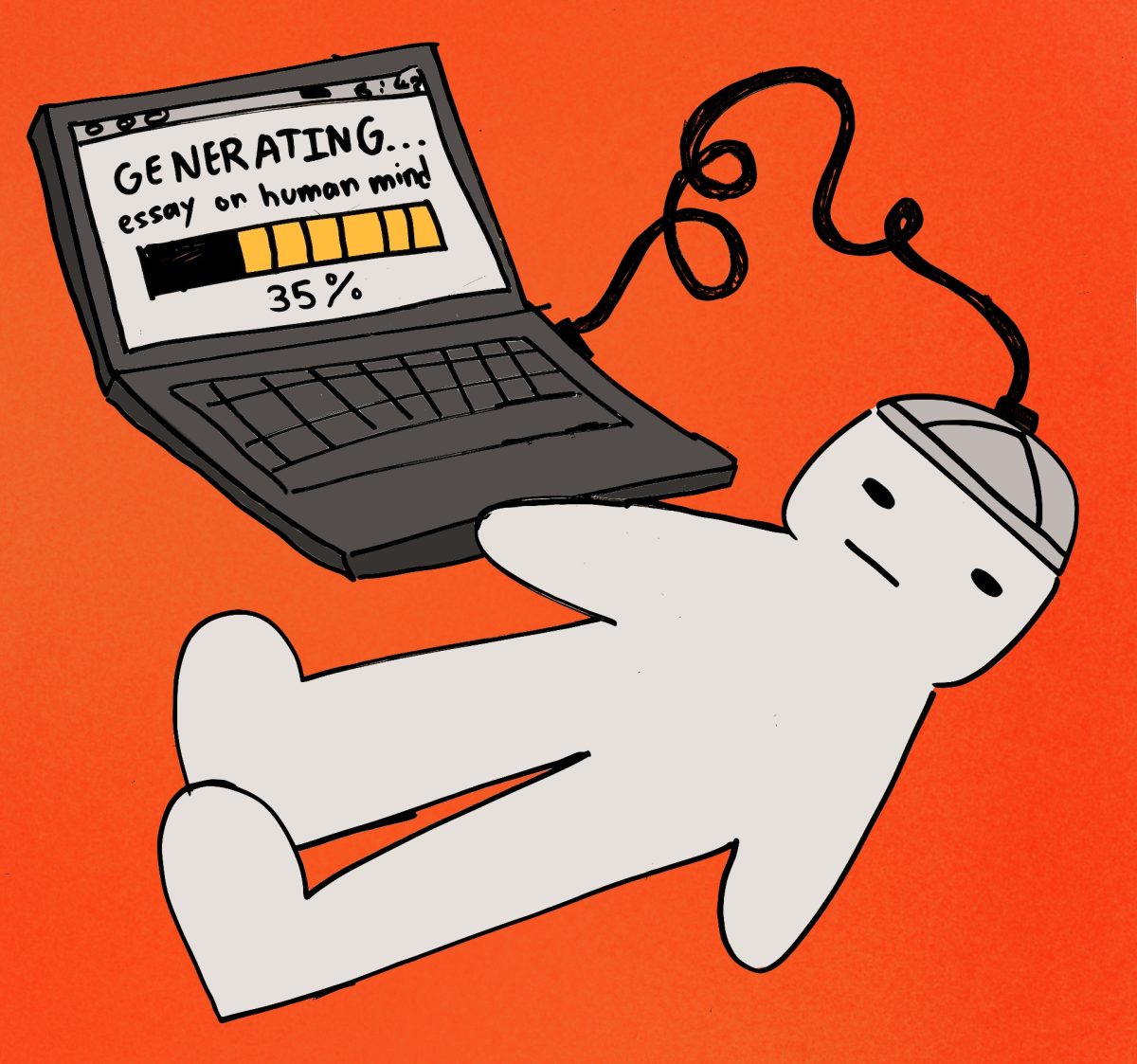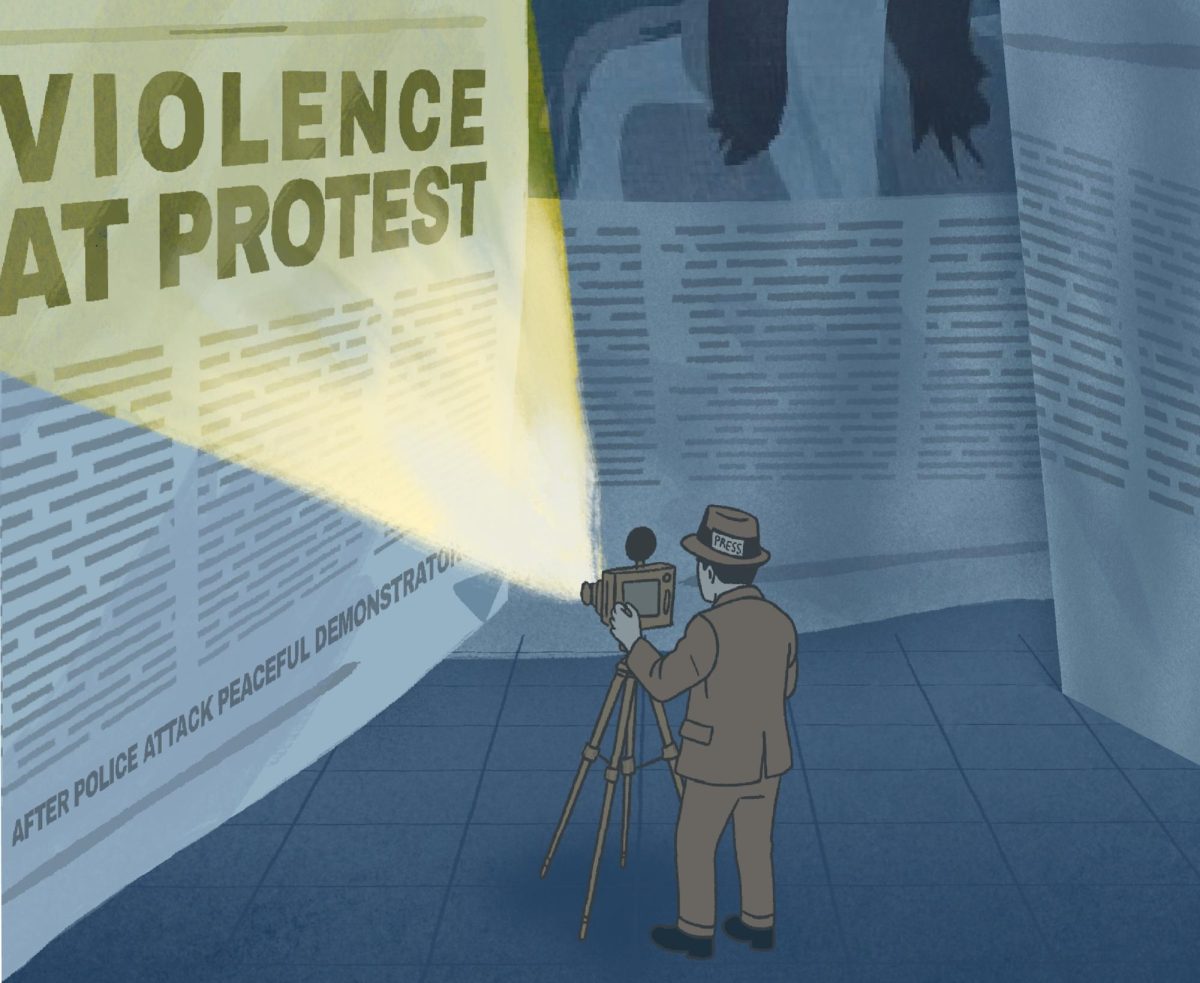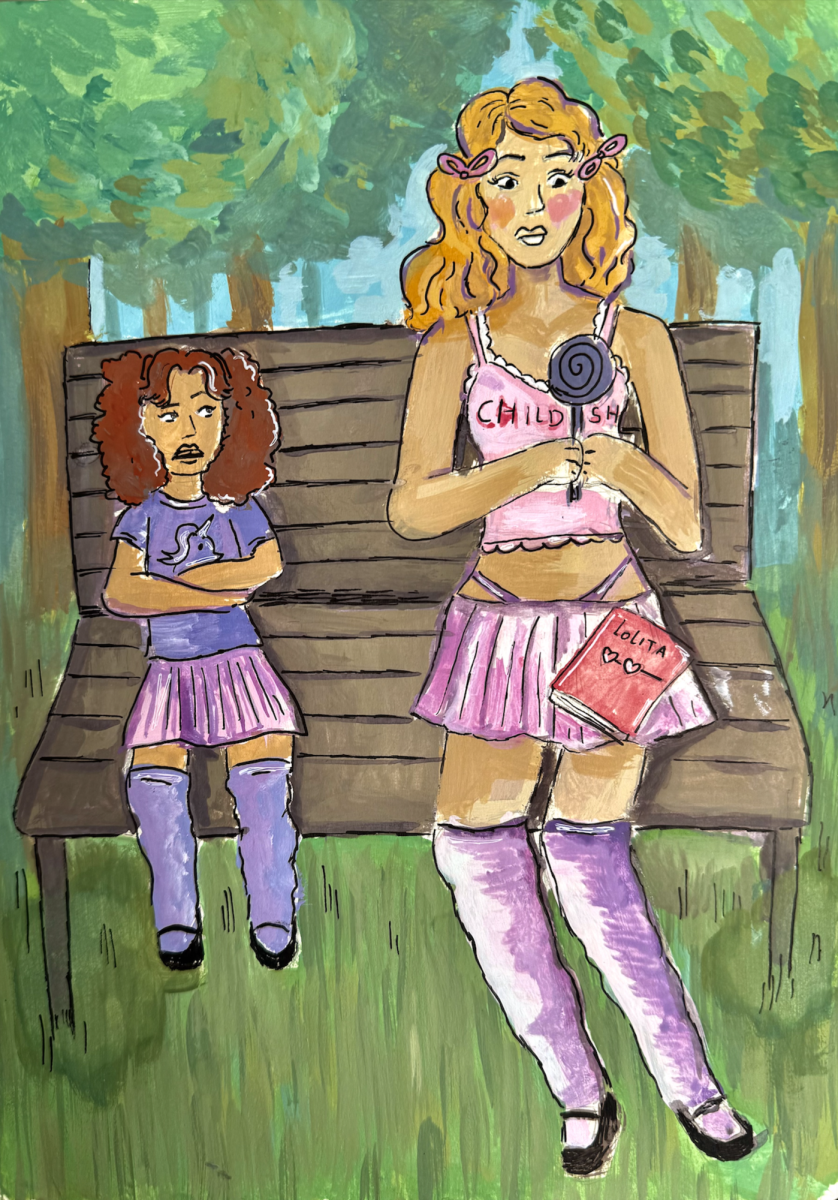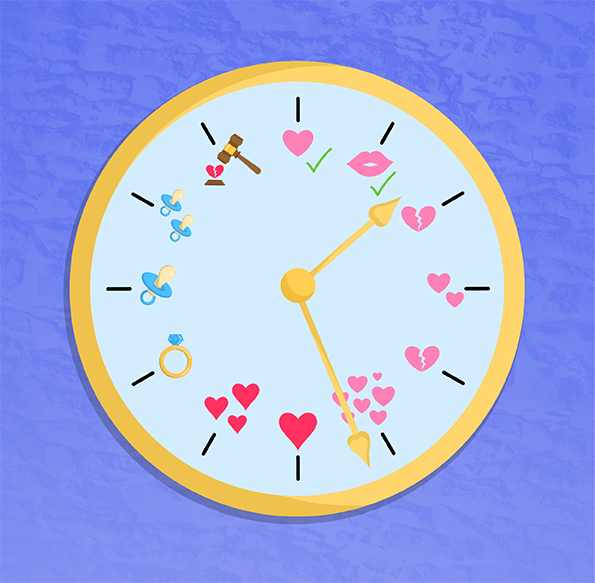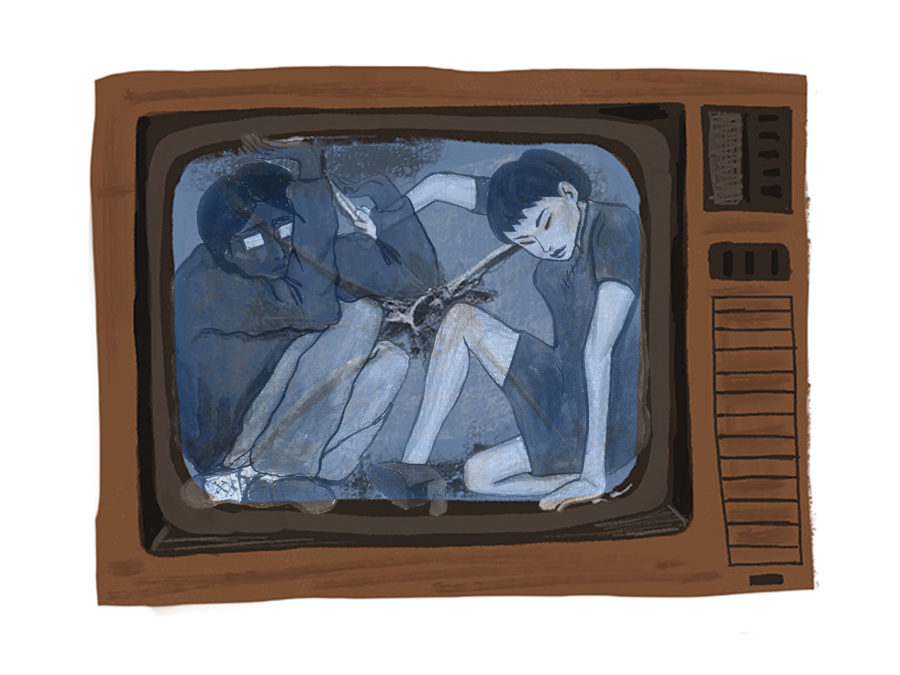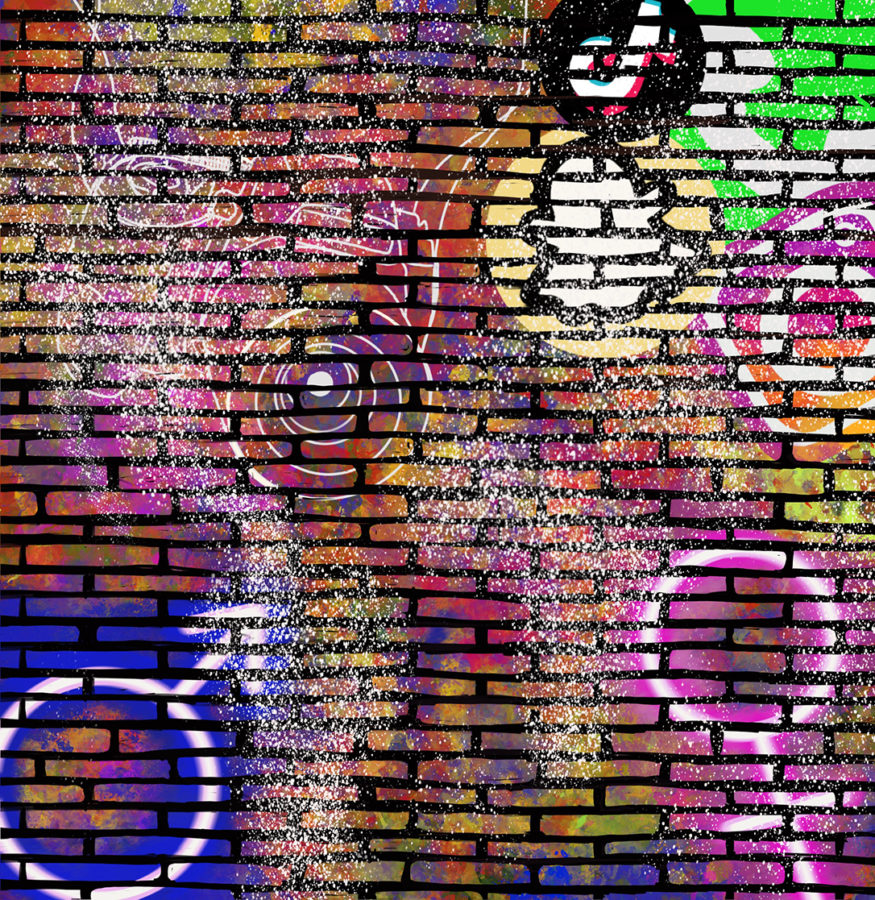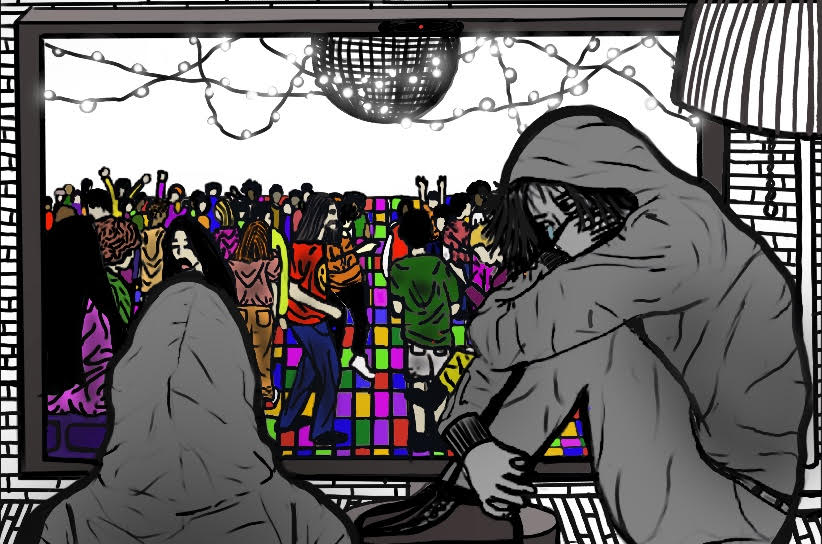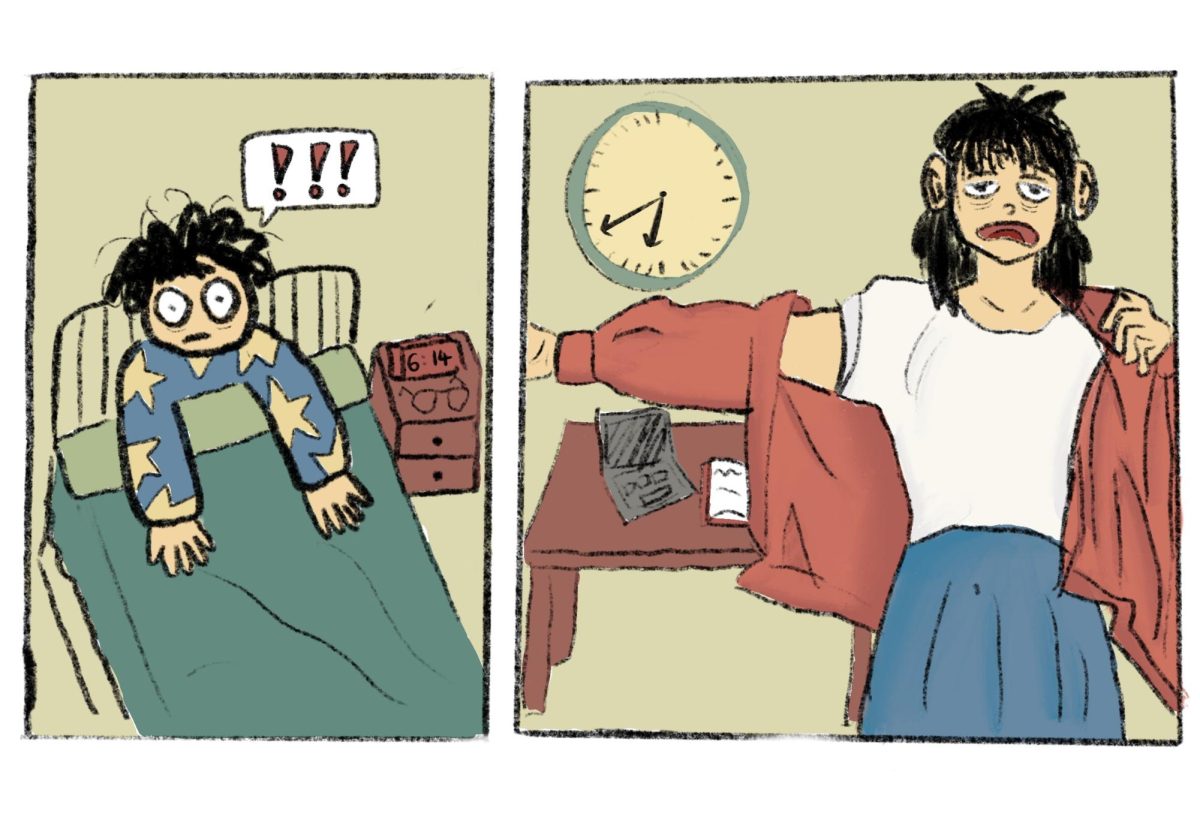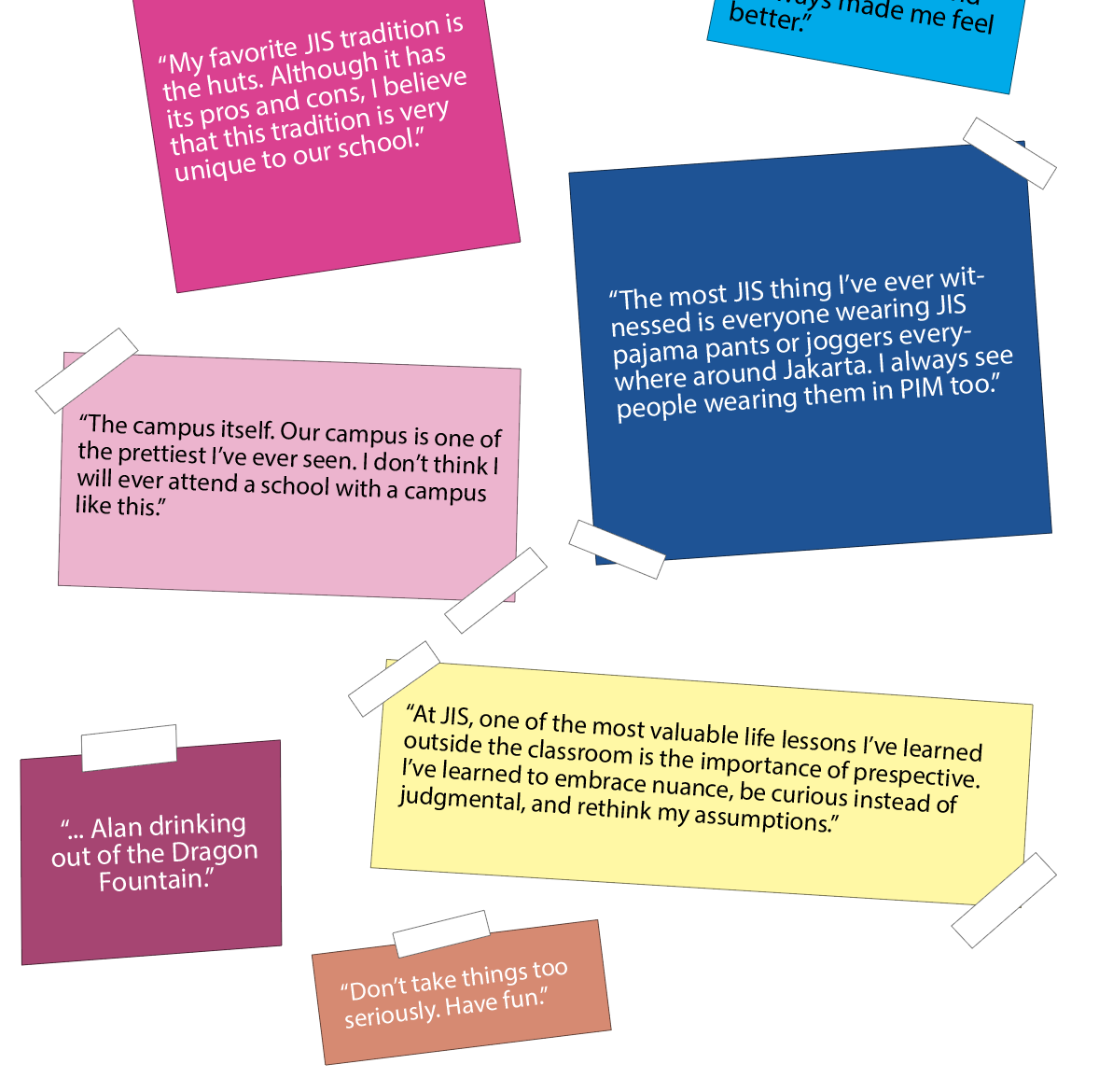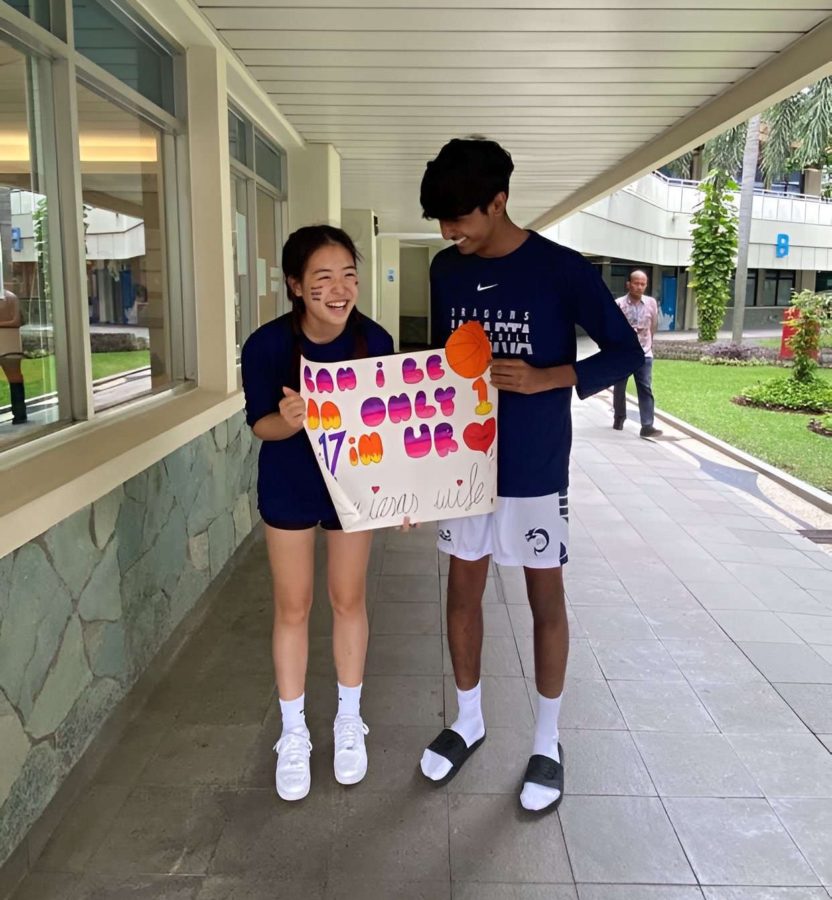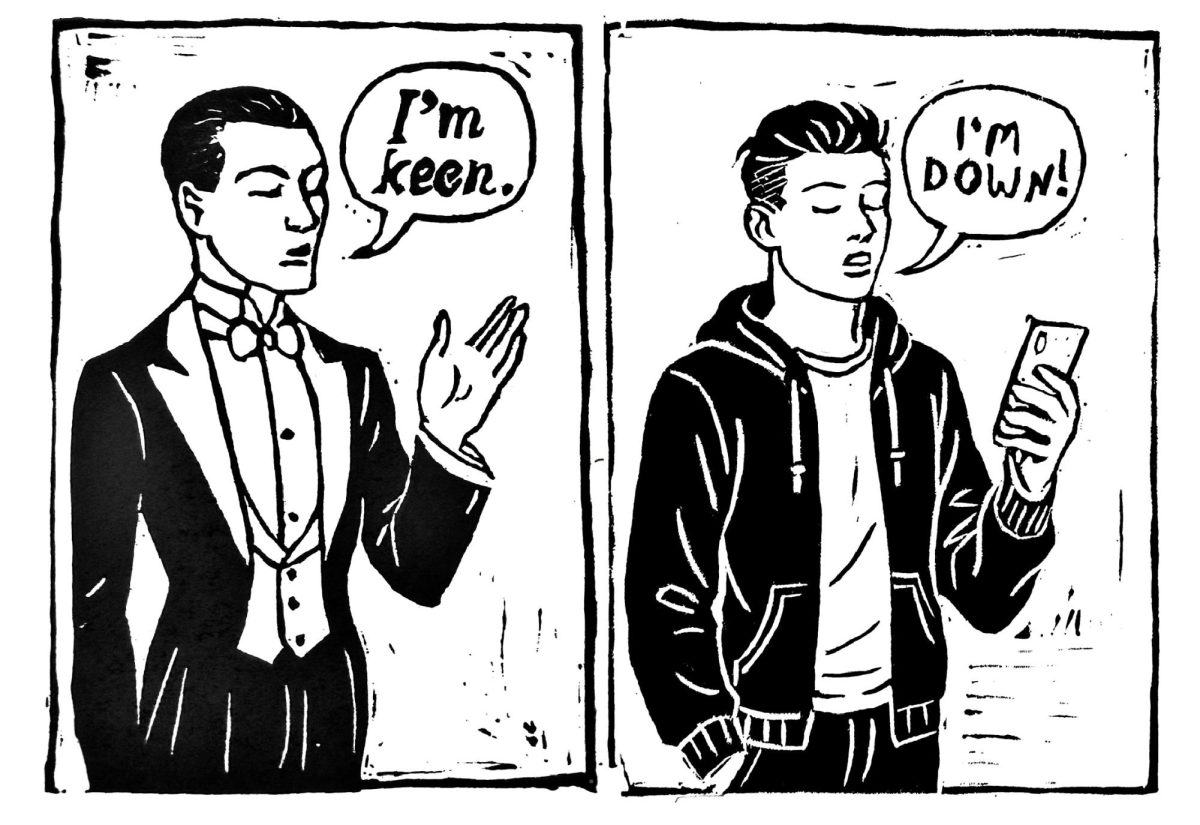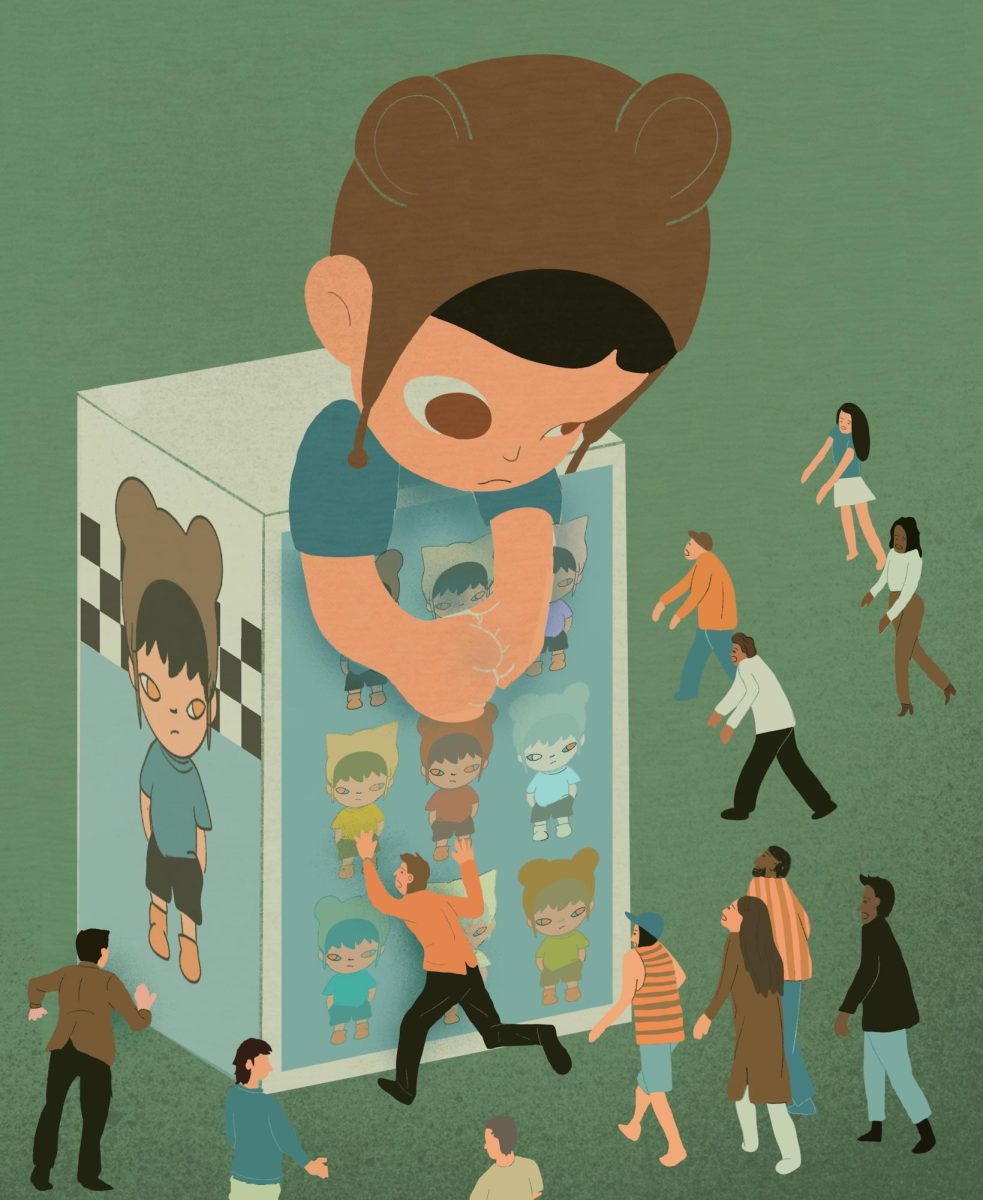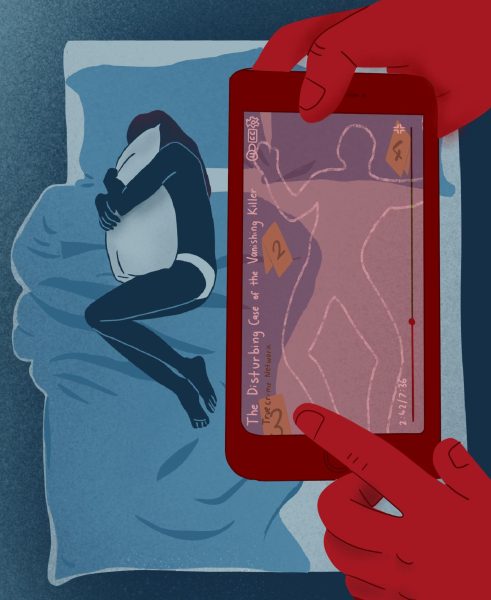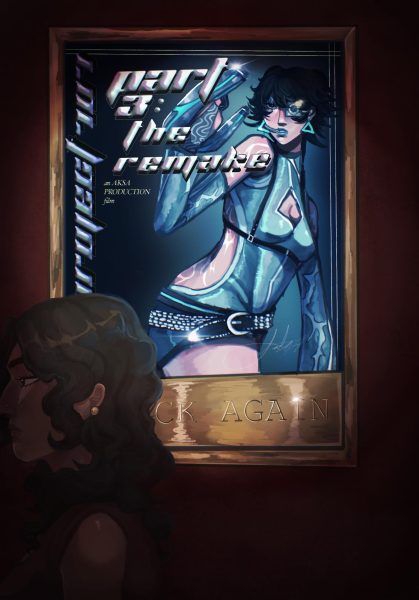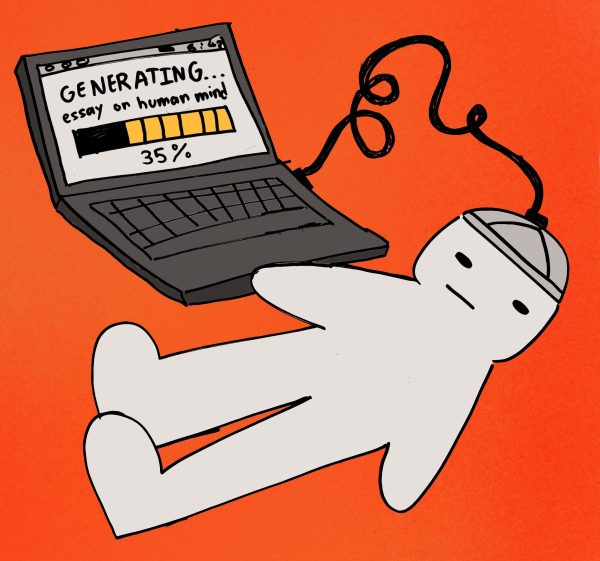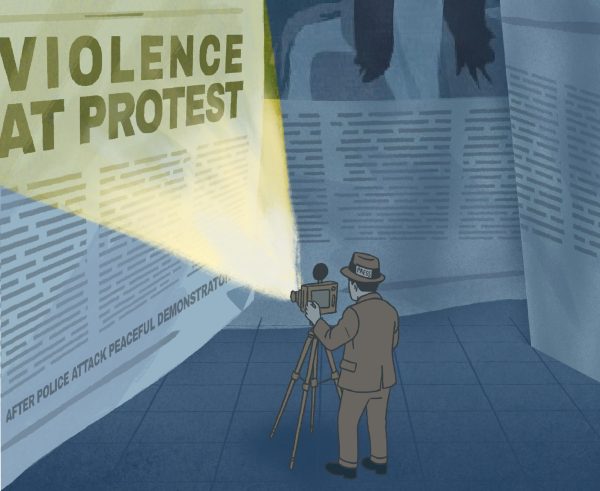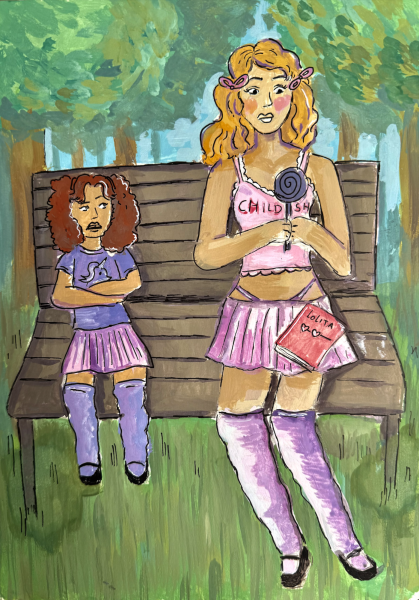Canceled Left and Right
Witty Retort: Does cancel culture bring public justice or permanent injustice?
Social media serves as a venue for both news and entertainment. Thus, it can also be an arena for displaying a person’s weakest moments and mistakes, catalyzing downfall. Cancel culture is defined as “a phenomenon in which those who are deemed to have acted or spoken in an unacceptable manner are ostracized, boycotted or shunned,” and is becoming a prominent event of our times.
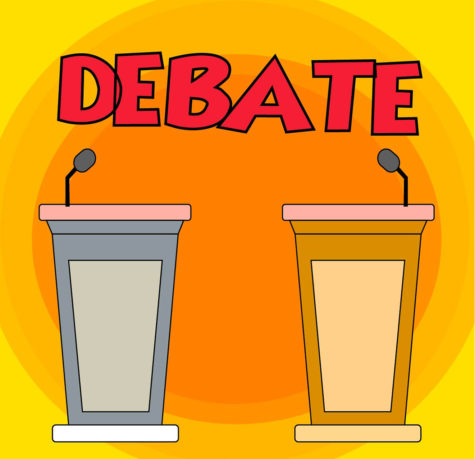
Tom: Cancel culture is nothing short of extremism: ruining careers, families, and lives over something as meaningless as one or two small mistakes is as hypocritical as it is unjustified. It is a process that systematically weeds out those with opposing opinions.
Jerry: Since when is simple accountability extreme? If people don’t want their lives turned upside down, then they shouldn’t say things that perpetuate and normalize harmful ideologies. We are not weeding out opposing opinions, but rather, damaging ideas. There is a new justice system in the hands of the once-unrepresented. While you may view these methods as radically leftist, social media is simply giving more game time to those who were once left to rot on the bench.
Tom: You view yourself as the Robin Hood of the media, stealing “game time” from the opposing team and giving it to whom you deem deserving. You may be giving the voiceless a voice but at the cost of silencing another. Just look at J.K. Rowling. The specifics of her views aside, she is undeserving of what is subjected to. The author reported being “stalk[ed], harass[ed] and threaten[ed],” even noting that she received “so many death threats, she could paper [her] house with them.”
You cannot deny the divisive ability of cancel culture. People are so passionately drawn to this good versus evil trope—regardless of who they view as the villain or the person wearing the cape—that their reactions are so fervent, they barely stop short of violence This is a new system of justice, but it is one without a law-appointed jury and works within a court of totalitarianism. While you may not agree with the ideology that mirrors Rowling’s, she should be entitled to share those ideas without the fear of being chastised. Is the right of free speech not considered one of the most unalienable?
Jerry: Yes, just as people are entitled to their own opinions, others are just as entitled to a reaction. This is an issue of accountability simply on a scale that–prior to today–was unimaginable, much less possible. Cancel culture is simply a new form of boycotting: an effective historical technique used to facilitate social change—the social change we have needed for years.
Oh, and back to J.K. Rowling, whose statements you so conveniently excluded. She has repeatedly made and stands by anti-transgender comments, and yet is appalled that transgender people and their allies took offense to them. You said it yourself: people are fearful of the repercussions they may face in the wake of their expressions. However, this also means they should think twice before spewing derogatory comments or misinformation. In a sense, is awareness not the social change we hope to achieve?
Tom: But is it really achieving anything? Your newfound form of “activism” is really just a game of pointing fingers. You are not taking to Twitter as a way of establishing long-lasting change, but rather, a short-lived cathartic release of anger. Take Jakarta-based rapper Rich Brian. In his 2016 debut song “Dat $tick,” he used a racial slur—yes, that racial slur. However, despite a year of backlash, the song is still available—and popular—with over 180,000 plays on Spotify. He continues to release music to this day. Simply put, there are no lasting consequences to cancel culture. People make mistakes—whether you deem them“correct” or not—and yet they appear on social media only a few years later. Cancel culture is not about change. It is either two things: a calculated excuse for division and release, or a blazing form of sheepish ignorance. Both are falsely justified.
Still fascinated by the world around her, Brooke continues to make writing a priority in her life. However as a third-year veteran and newly appointed...

